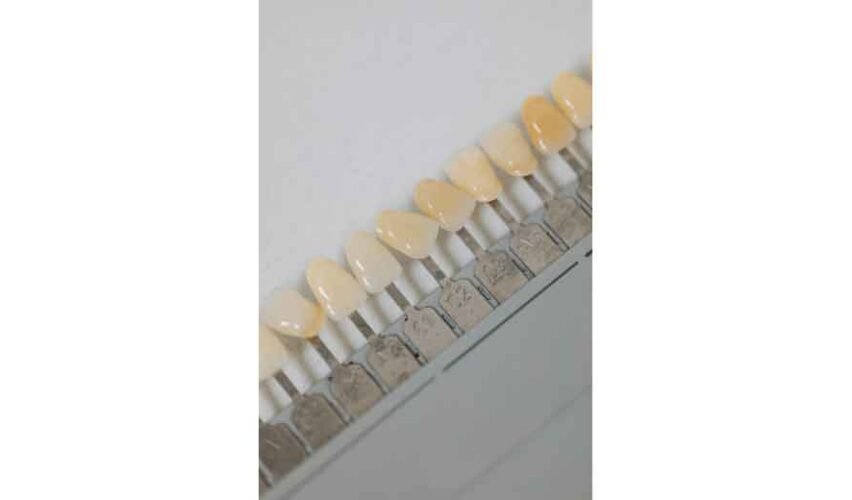Tooth loss can be distressing — not just because of how it affects your smile, but also due to the impact it can have on eating, speaking, and long-term oral health. Whether it’s caused by injury, decay, or gum disease, missing teeth should never be ignored. Today, one of the most recommended and popular solutions across the UK is dental implants. But are they truly the best way to replace missing teeth?
In this blog, we’ll explore what dental implants are, how they compare to other tooth replacement options, and whether they really offer the long-term benefits many people are looking for.
What Are Dental Implants?
Dental implants are small titanium posts that are surgically inserted into the jawbone, acting as artificial tooth roots. Once the implant is placed and has fused with the bone — a process known as osseointegration — a crown, bridge, or denture can be fixed on top to replace the missing tooth or teeth.
Because the implant integrates directly with your jawbone, it creates a secure and long-lasting foundation that closely mimics the function and appearance of natural teeth.
The Main Benefits of Dental Implants
- They look and feel like real teethOne of the biggest reasons people choose implants is the natural appearance. The crown that’s fixed on top of the implant is custom-made to match the colour, shape, and size of your existing teeth. Most people won’t be able to tell the difference between the implant and your real teeth.
- They restore full chewing abilityDental implants function just like real teeth, meaning you can bite and chew with confidence. Unlike removable dentures, which can slip or move around, implants remain firmly in place — letting you eat everything from apples to steak without worry.
- They help prevent bone lossWhen a tooth is lost, the bone underneath starts to shrink over time due to lack of stimulation. Dental implants are the only tooth replacement option that actively stops this process. By acting like natural tooth roots, implants keep the jawbone engaged and healthy.
- They don’t affect neighbouring teethUnlike dental bridges, implants don’t rely on adjacent teeth for support. This means the surrounding teeth don’t need to be filed down or altered, which helps preserve your natural tooth structure.
- They’re built to lastWith good care, dental implants can last for decades. While the crown on top may need replacement after 10–15 years due to normal wear, the implant itself can remain in place for life. This long-term durability often makes implants more cost-effective over time compared to alternatives that require regular replacement or maintenance.
How Do Implants Compare to Other Options?
Let’s take a quick look at how implants stack up against other common solutions like dentures and bridges.
DenturesDentures are a removable option and usually used to replace several missing teeth. They’re more affordable upfront but can feel bulky or unstable. Over time, they may become loose as the jawbone changes shape. Dentures also don’t prevent bone loss, and many people find them less comfortable for daily use.
BridgesDental bridges are fixed solutions that use the teeth on either side of the gap to support a replacement tooth. While they offer good aesthetics and function, they usually require the reduction of healthy teeth to anchor the bridge, which can weaken them over time. Bridges also don’t provide stimulation to the jawbone and therefore won’t prevent bone loss.
In contrast, dental implants offer a stable, permanent solution without compromising nearby teeth or causing long-term jawbone issues.
Are Dental Implants Right for Everyone?
While dental implants have many advantages, they may not be suitable for everyone. Your dentist will carry out a full examination for dental implants Surrey, including X-rays or scans, to assess whether you have enough bone to support an implant. In some cases, a bone graft may be needed first.
Good oral hygiene and general health are also important. People with uncontrolled diabetes, gum disease, or those who smoke heavily may have a higher risk of implant failure, although this doesn’t automatically rule them out.
Your suitability will ultimately depend on your individual health and oral condition — and your dentist will help guide you to the right option.
What’s Involved in the Dental Implant Process?
The implant process is typically done in several stages over a few months:
- Initial consultation– Your dentist examines your mouth and discusses your medical history to see if you’re a candidate.
- Implant placement– The titanium post is surgically placed into your jawbone under local anaesthetic.
- Healing period– Over 3–6 months, the bone fuses with the implant in a process called osseointegration.
- Abutment and crown– Once healed, a connector (abutment) is fitted, and a custom-made crown is attached.
Although it takes time, the result is a strong, comfortable and natural-looking tooth replacement.
What About the Cost?
Dental implants are more expensive upfront than other options, but many people see them as a worthwhile investment in their long-term oral health. Unlike dentures or bridges, which may need replacing every few years, implants are built to last.
Costs can vary based on your location, dentist, and the complexity of your case. However, many dental practices offer payment plans or finance options to help spread the cost.
Looking After Dental Implants
Caring for dental implants is similar to caring for natural teeth. Brush twice a day, floss daily, and visit your dentist regularly for check-ups and hygiene appointments. With proper care, implants can last for decades, giving you peace of mind and a long-term solution to tooth loss.
Avoid smoking and excessive alcohol consumption, as these can affect healing and the long-term success of the implant.
Conclusion: Are Dental Implants the Best Way to Replace Missing Teeth?
Dental implants are widely considered one of the most effective and long-lasting solutions for replacing missing teeth. They offer a permanent, natural-looking restoration that supports your oral health, comfort, and confidence. While not the cheapest option, many people find the benefits more than justify the cost.
If you’re unsure whether implants are right for you, book a consultation with your dentist. They’ll help you weigh up the options based on your needs, health, and budget.
Replacing missing teeth isn’t just about appearance — it’s about protecting your long-term oral health. For many, dental implants are the best way to do that.



